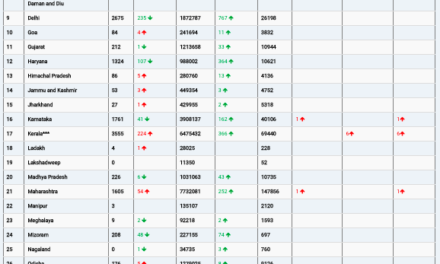A recent study has shed light on the alarming long-term risks associated with hypertension in childhood and adolescence, revealing that it may elevate the likelihood of serious heart conditions such as stroke and heart attack by up to four times. The study, which was unveiled on Friday, underscores the growing concern surrounding hypertension in young individuals and emphasizes the necessity for heightened awareness and proactive measures in managing this condition.
Hypertension, commonly known as high blood pressure, affects approximately one in every 15 children and adolescents worldwide. Recognizing the potential ramifications of this condition in later life, researchers embarked on a comprehensive investigation to gauge its long-term impact. Comparing data from 25,605 children and adolescents diagnosed with hypertension between 1996 and 2021 in Ontario, Canada, to their counterparts without the condition, the study unveiled startling findings.
Over a follow-up period of 13 years, individuals diagnosed with hypertension exhibited a markedly elevated risk of experiencing severe cardiovascular events. The risk of heart attack, stroke, heart failure, or cardiac surgery was found to be two to four times higher among those with hypertension compared to their peers without the condition, underscoring the critical importance of early detection and intervention.
In light of these findings, experts are advocating for intensified efforts in blood pressure screening and treatment during childhood and adolescence. By identifying and managing hypertension at an early stage, the aim is to mitigate the long-term risks of serious cardiovascular disease in adulthood.
Commenting on the implications of the study, Cal H. Robinson, a pediatric nephrology fellow at The Hospital for Sick Children (SickKids) in Canada, emphasized the significance of prioritizing pediatric blood pressure screening and control. “Devoting more resources to pediatric blood pressure screening and control could lower the risks of long-term heart conditions in children with hypertension,” stated Robinson. He further highlighted the importance of raising awareness about the necessity of regular screening and follow-up for pediatric hypertension to prevent adverse heart outcomes later in life.
The findings of this groundbreaking study will be presented at the Pediatric Academic Societies (PAS) 2024 Meeting, scheduled from May 3-6 in Toronto. As the scientific community convenes to delve deeper into these revelations, the spotlight remains firmly fixed on the imperative of safeguarding the cardiovascular health of the younger generation through proactive measures and vigilant monitoring.












